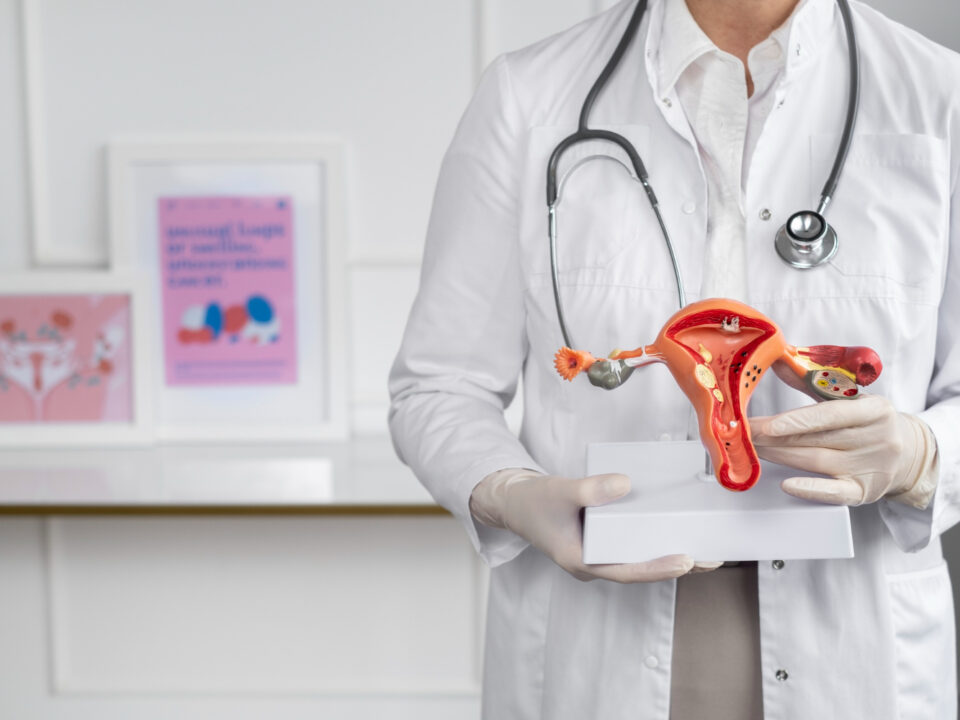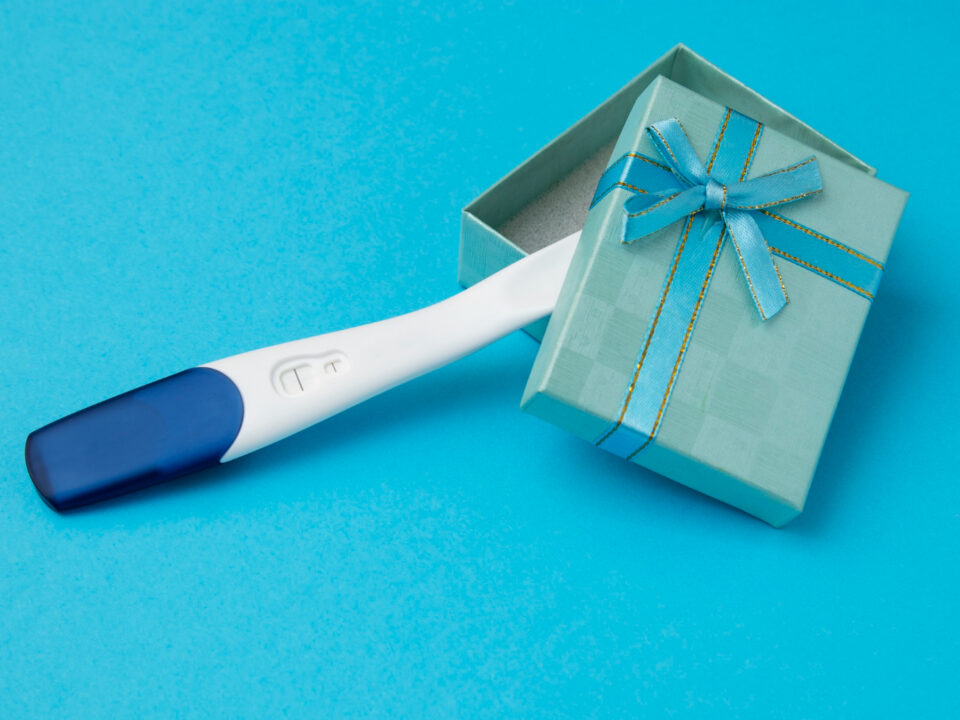
What is fresh and frozen Embryo Transfer and When Is It Performed during IVF? Which one should be preferred ?
Nisan 26, 2025
What are the Factors Affecting Success in the First Attempt of IVF Treatment?
Nisan 28, 2025Exploring the Basics of AMH and Its Importance in Women’s Health
The basics of Anti-Müllerian Hormone (AMH) is crucial for anyone interested in female fertility and overall women’s health. It serves as an indicator of ovarian reserve, essentially providing insight into how many viable eggs a woman has left.
The meaning of AMH levels can be profound when it comes to fertility planning. For women considering pregnancy now or in the future, knowing their AMH levels can help them make informed decisions. High levels generally suggest a greater number of remaining eggs and potentially more time to consider family planning options. Conversely, lower levels might indicate fewer eggs and could prompt earlier discussions with healthcare providers about fertility strategies.
Beyond its role in assessing fertility potential, understanding AMH importance extends to broader aspects of women’s health. It can aid in diagnosing conditions like polycystic ovary syndrome (PCOS) or premature ovarian failure. By regularly monitoring hormone levels like AMH, women can gain valuable insights into their reproductive health and take proactive steps towards managing their well-being.
Incorporating regular checks of AMH into routine health assessments empowers women with knowledge about their bodies that could be pivotal for both immediate and long-term reproductive choices. Understanding your body’s signals through hormones like AMH not only supports informed decision-making but also reinforces the importance of proactive healthcare management for women everywhere.
The Role of AMH in Reproductive Health and Fertility Monitoring

The role of Anti-Müllerian Hormone (AMH) is crucial for anyone interested in reproductive health and fertility monitoring. AMH serves as a key indicator of a woman’s ovarian reserve, providing valuable insights into her fertility potential. For those planning to conceive or considering fertility treatments, knowing your AMH levels can be incredibly informative. It helps predict how you might respond to fertility treatments such as in vitro fertilization (IVF), allowing healthcare providers to tailor approaches specifically to your needs.
Moreover, AMH testing can be an early warning system for diminished ovarian reserve long before other signs become apparent. By understanding the role of this vital fertility hormone, you take an important step toward proactive management of your reproductive health. Trusting in science and leveraging tools like AMH testing can pave the way for more personalized and effective fertility strategies.
Determining the Ideal AMH Level for Women: A Comprehensive Guide
the ideal AMH level for women is crucial in assessing reproductive health and planning for the future. Anti-Müllerian Hormone (AMH) levels serve as a reliable indicator of ovarian reserve, offering insights into a woman’s fertility potential. But what exactly constitutes a “good” AMH level?
The normal AMH range for women varies with age, as ovarian reserve naturally declines over time. For women in their 20s and early 30s, an average AMH level typically falls between 1.5 to 4.0 ng/mL. As women reach their late 30s and beyond, this range may decrease slightly due to natural aging processes.
However, it’s essential to recognize that while these numbers provide a general guideline, they are not absolute determinants of fertility or reproductive success. A good AMH level should be considered alongside other factors such as overall health, lifestyle choices, and personal family planning goals.
By understanding your own AMH levels within the context of these ranges and working closely with healthcare professionals, you can make informed decisions about your reproductive health journey. Embracing this knowledge empowers you to take proactive steps towards achieving your desired family planning outcomes confidently and effectively.



